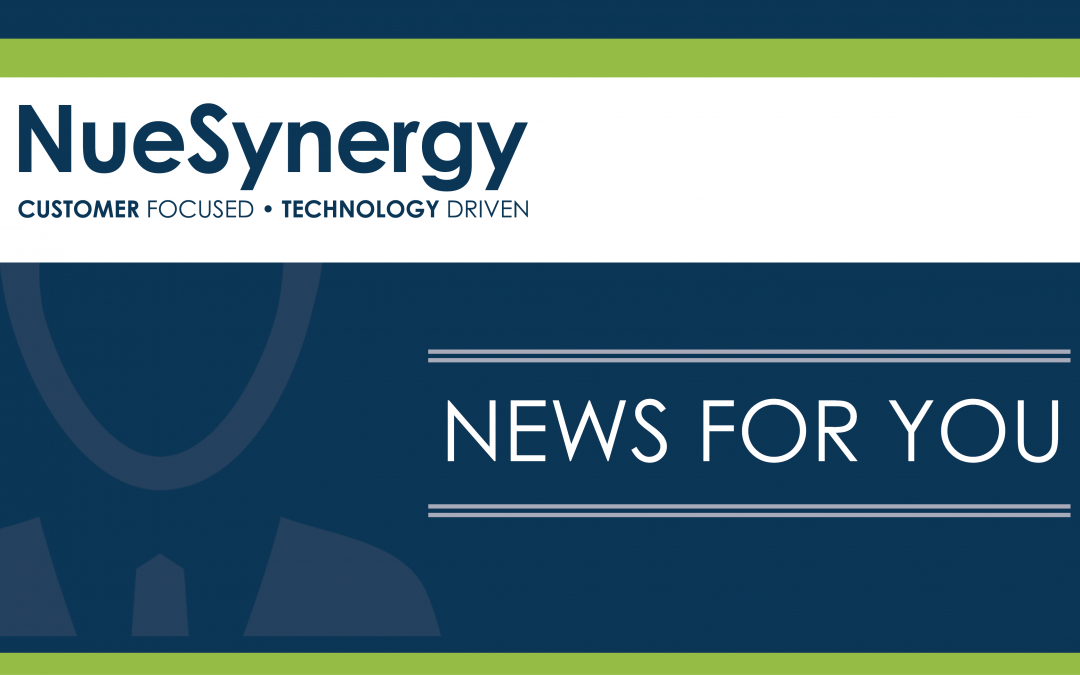Did you know the NueSynergy Health Savings Account (HSA) delivers an immediate income tax deduction?
Contributing funds lowers taxable income while helping build a nest egg for future health care expenses. Contributions to the HSA may be made by the employee, employer or anyone; however, the preferred tax treatment will only be realized by the employee.
Whether you’re an employee or employer, there are several benefits to opening a NueSynergy HSA.
Below are the top 10 reasons to open a NueSynergy HSA:
Triple Tax-Advantaged:
Contributions are tax-free, potential interest gains accumulate tax-free and distributions are tax-free when used to pay for qualified medical expenses.
Flexible:
In case of emergency, funds can be used for non-medical expenses (money withdrawn may incur a 20% penalty and income tax charge). At age 65, any remaining HSA funds can be withdrawn for non-medical reasons without a penalty.
Portable:
The employee owns all HSA account funds. The accumulated balance in the account rolls over from year to year. Accounts move with employees even if they change employment or retire.
Convenient:
The NueSynergy prepaid MasterCard provides employees with an easy and convenient way to access HSA contributions. Paper checks are provided as well.
Independence:
Employers prefer the long-term viability of an independent administrator. The relationship the employer has with their HSA administrator or HSA custodian remains consistent, along with all plan processes and resources, even if the employer switches to a different insurance plan.
Savings solution for future health needs:
Unused contributions accumulate and can be saved and used for future medical expenses or to supplement retirement income. For example, unused funds can be used to pay COBRA or other medical insurance premiums during periods of unemployment or temporary layoff.
FDIC Insured Account:
NueSynergy has partenered with Avidia Bank, to provide our FDIC insured HSAs. This partnership enables us to proved a fully integrated experience through both our employee and employer portals.
Investment options:
Employees can select from a spectrum of investment options to match their preferred investment style. *Investments are offered through Devenir.
Record keeping:
Process HSA deposits and withdrawals, post transactions, prepare and distribute bank statements and perform year end reporting on required IRS forms.
Monthly Statements:
Sent when the account has any activity. (Quarterly statements are sent to all account holders regardless of activity.
——————————————————-
For over 20 years, NueSynergy has partnered with agents and their employer clients to administer HSA, FSA and HRA programs that focus on bringing true value to the benefits plan.
See how NueSynergy can help your participants develop a benefit account offering that best fits their unique culture, workforce, brand and benefits program.
Contact us today for a consultation: 855.890.7239 | sales@nuesynergy.com





